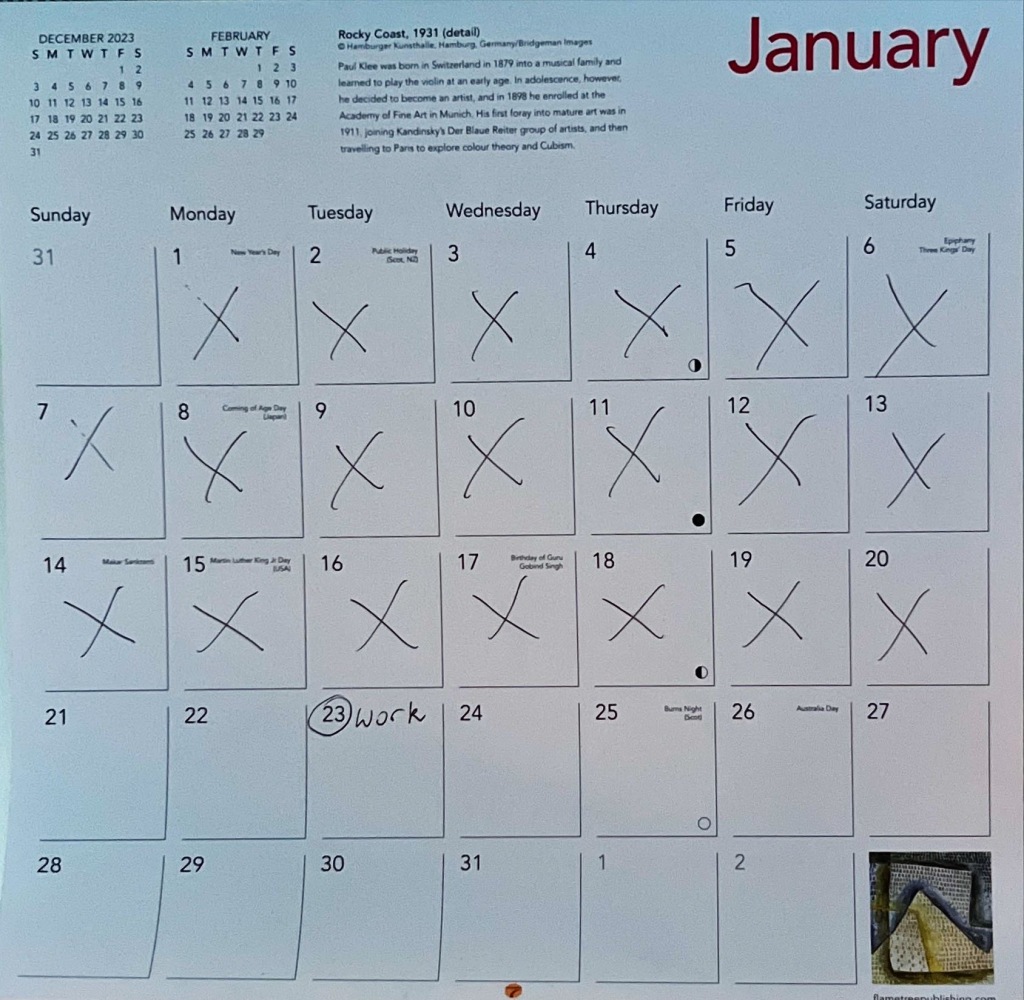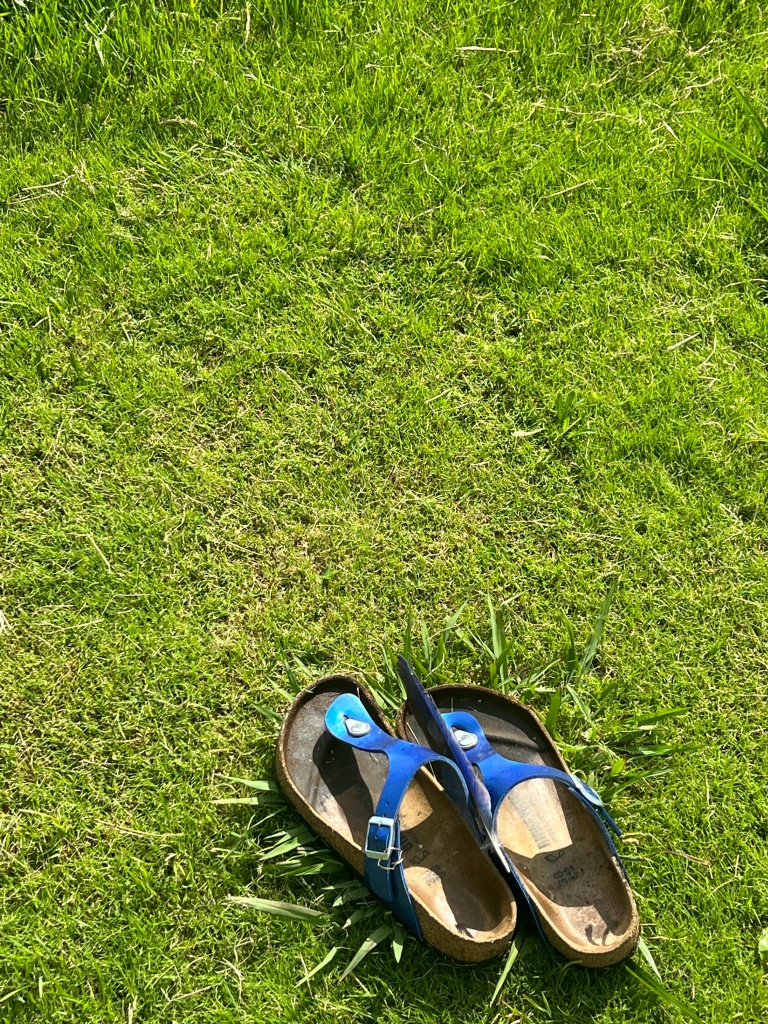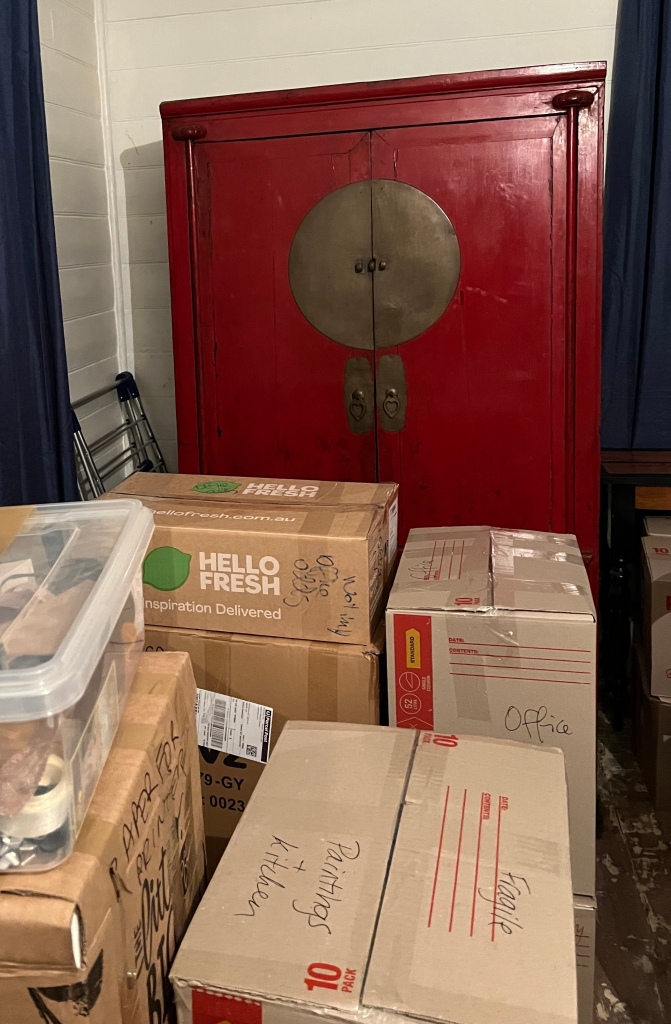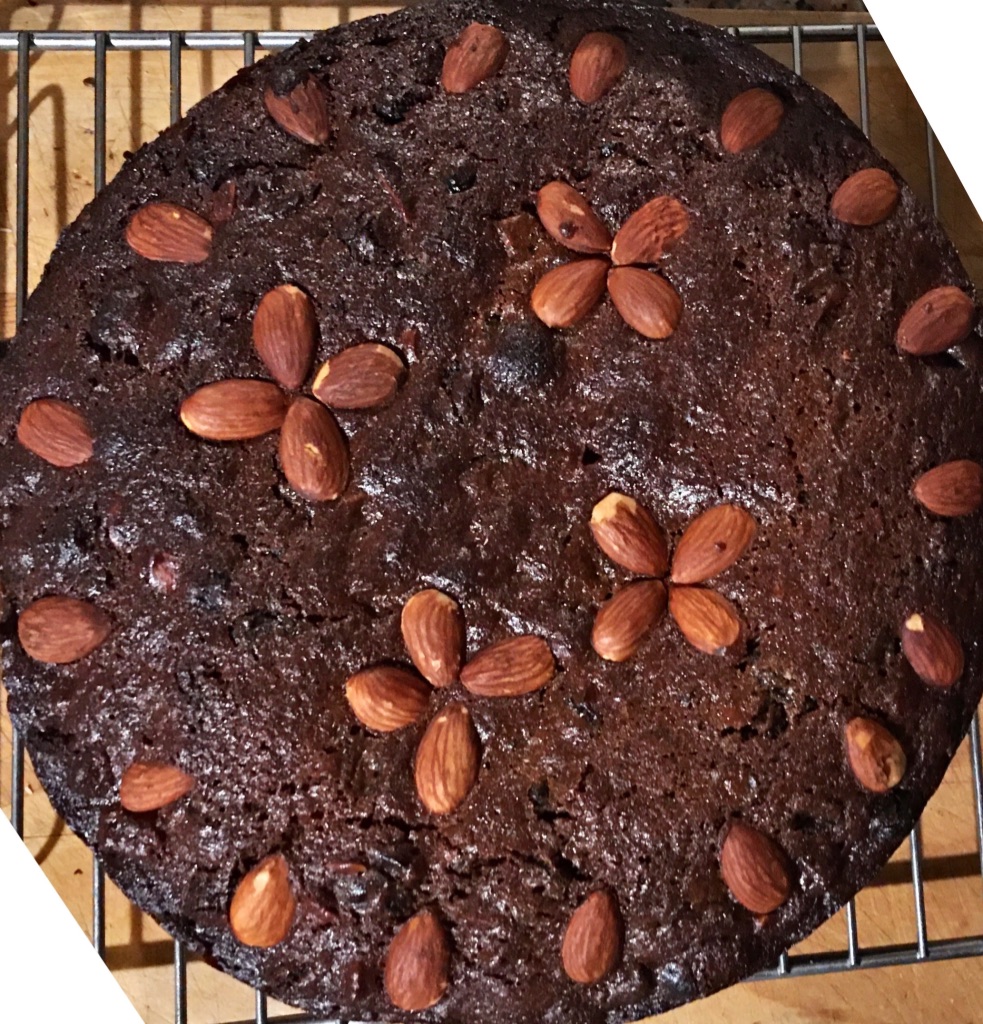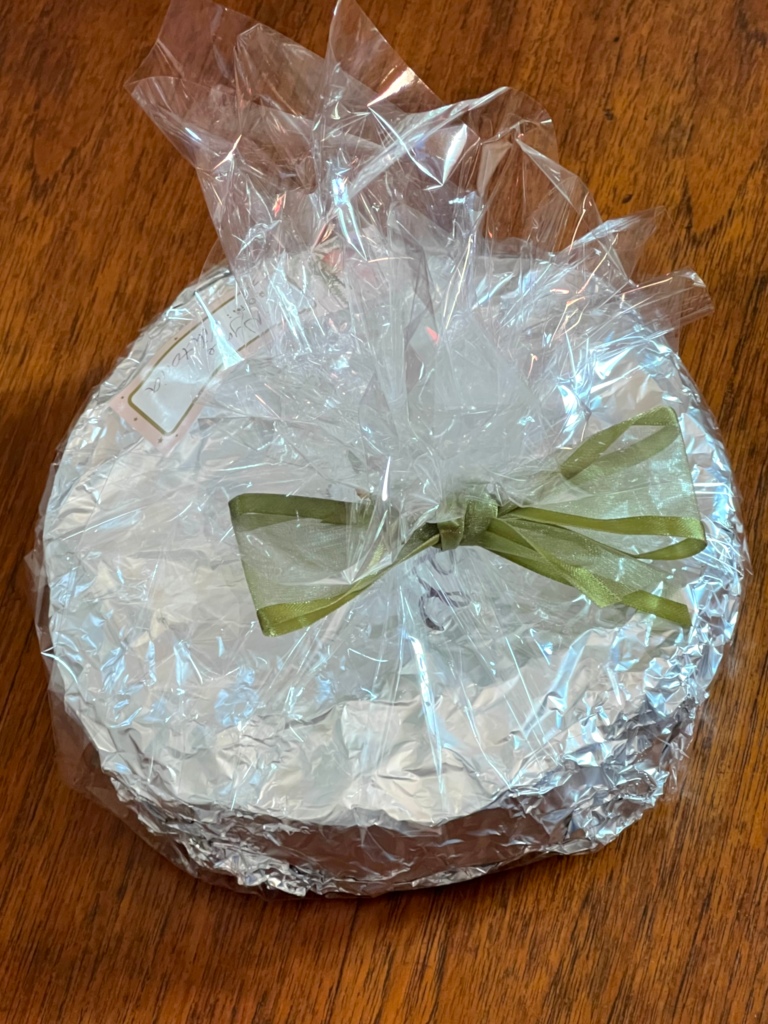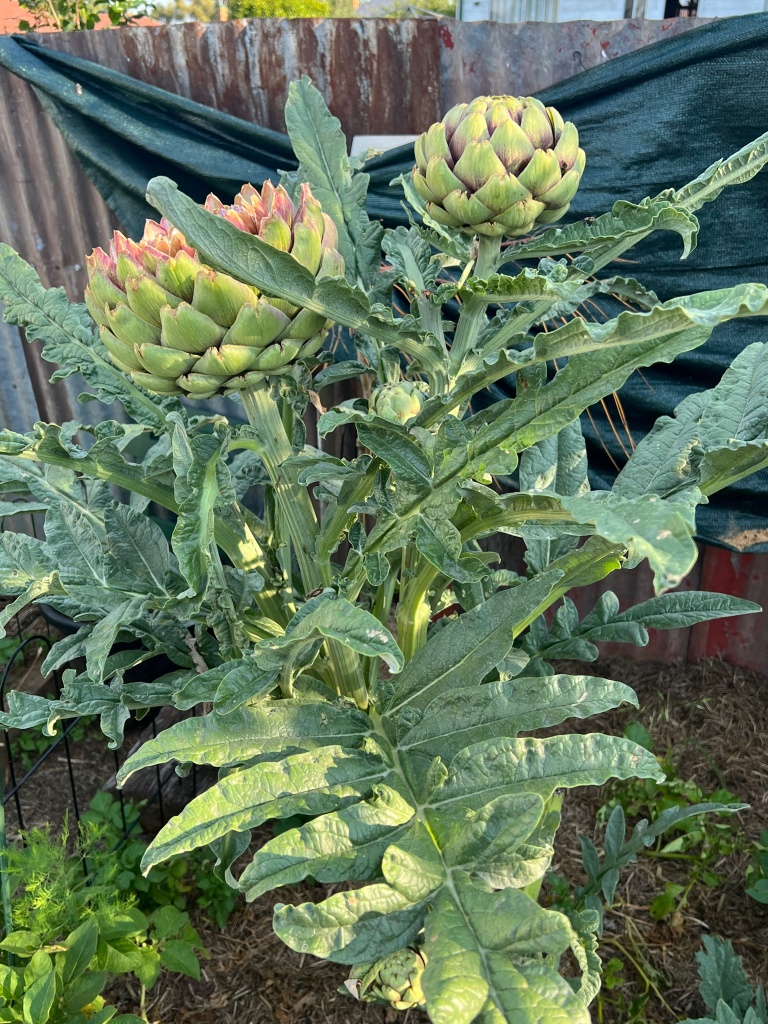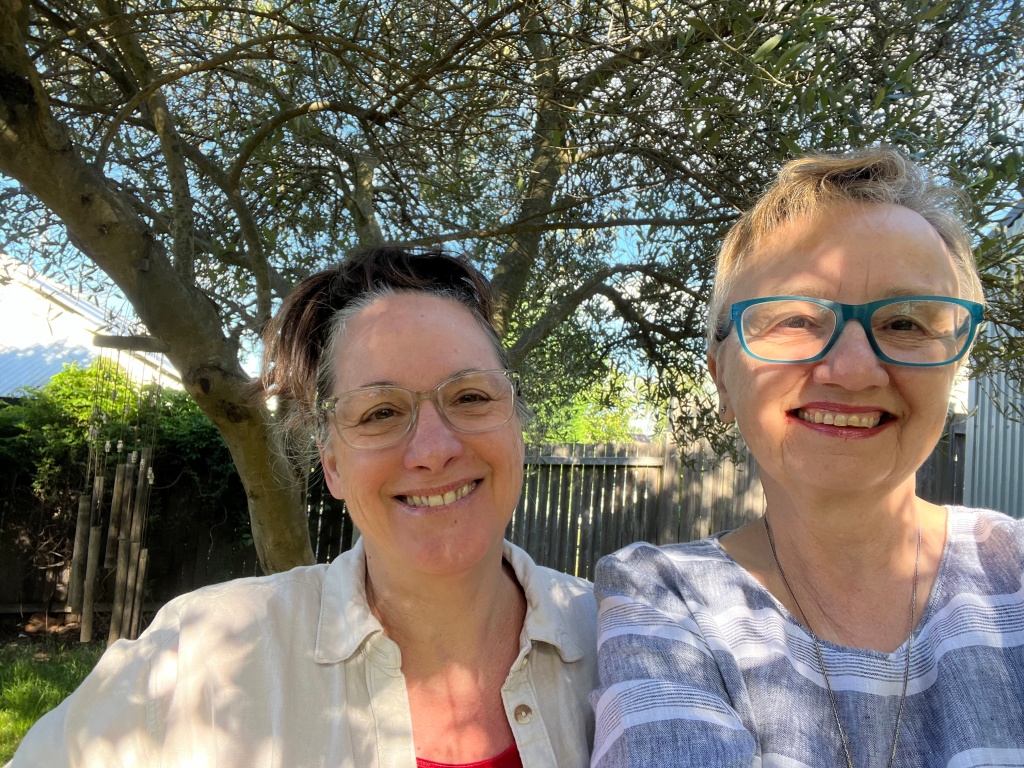
Judy was a flaming redhead with attitude. She spoke her mind, never backed down, and was as tough as acrylic nails. She fought hard, drank hard, smoked weed like the rest of us, and was never mellow. I don’t remember how we became friends.
While I was politically rebellious and desperately wanted to fit into the hippy counterculture, she didn’t give a damn about any of that. She rebelled against her parents, both of whom were Hungarian – her father an alcoholic and her mother a controlling, authoritarian figure in her life. Maybe that is what we had in common. The depressive alcoholic and deeply unhappy Hungarian parents who tried to live their lives through a stranglehold on their children. We couldn’t live up to their expectations.
We moved in together when I was sixteen. To pay the rent on our two-bedroom flat, we had to share the rooms. Jude and I shared one bedroom while our other two friends, Cat and Sharmaine, shared the other. I would have preferred sharing my room with Sharmaine as we were closer, but it didn’t happen that way.
Judy’s bed was under the window and mine against the wall on the other side. A large wardrobe separated us. The only other piece of furniture in the room was my desk, angled along the adjacent corner. It had more of a decorative than a practical purpose, I admit. But I always intended to go back to study, and I wanted to write. The truth is, I never did.
As much as Jude rebelled against her family, she was as fastidious as her mother. She couldn’t bear mess or disorder. For the first couple of months, Judy and I engaged in tactical warfare in the kitchen. Every time I went to get cutlery, it was reordered to replicate her mother’s drawers. Being pigheaded, I changed them back to the way my father had organised our drawers. Neither of us said anything but continued our senseless silent squabble in a futile attempt to assert our dominance.
One day, I came home to a clean flat. Judy presented a classic cocktail that afternoon; all sweet liqueur with plenty of ice served with dash of martyr. I found her unbearable. I walked into our bedroom and flew into a rage. She had placed a tablecloth diagonally across my desk with fresh flowers in its centre.
‘It is a desk’ I screamed, ‘not a dining table!’
Judy, taken by surprise, reacted with some choice words of her own.
‘You never use it anyway,’ she said once she calmed down, and she wasn’t wrong. I was really furious with myself for not studying, and not writing a single word at that desk. I had taken out my frustrations on a well-meaning friend.
Jude was wilder and more reckless than I ever was. Once, we went into a second-hand shop in fashionable Greville Street, where we pored over vintage dresses we couldn’t afford. When we left, I was incensed by the looks the shop keeper gave me. Judy just laughed.
‘He’s probably missing that dress I shoved into your bag,’ she said.
I couldn’t believe that she had shoplifted and implicated me in the crime. I wasn’t cut out for it, and she took advantage of my innocence.
We worked together on a two-tonne truck on weekends doing furniture and rubbish removals with Marion, who owned the truck. We thought nothing of it. When some men refused to allow us to carry a sofa, we left it wedged in their doorway. It was a proto-feminist act before we had any knowledge of gendered work.
We parted ways one summer when we were about go tobacco picking in Queensland. The promised jobs fell through the day before we were to leave. She hitch-hiked north anyway. I stayed behind and went back to school a couple of months later. That was the last time I saw her.
I have stayed in touch with Cat and Sharmaine from a distance but have never heard from Jude. Every now and again I’d think of her and wonder what life she led. Years passed quicker than I thought were possible in my youth and that fiery redhead could well be grey by now. At least that’s what I thought until I received a Facebook message from a mutual friend last week. I had no idea that they had kept in touch.
‘I’ve got some bad news… Jude is palliative care. …They’re waiting for her daughter to arrive from OS and I guess she’s on life support, and may shut it off.’
She died a week later.
Her death has affected me more than I expected. I have lost friends and loved ones where the grief was as deep as a gash all the way to the bone; the scar tissue a constant reminder of a wound never fully healed. Yet each scar is a cross I gladly bear for the love I received in return.
Jude’s death is different. Maybe it has something to do with leaving home at such a young age, our similar backgrounds, and my memories of a misspent youth. We partied hard, drank too much, and got ourselves into situations that could have gone very, very badly. Somehow, we survived. Or should I say, somehow, I’ve survived.
Farewell Judy, I will always remember your unruly red hair, your devil-may-care attitude and your insatiable thirst for life. You have left us far too soon.

